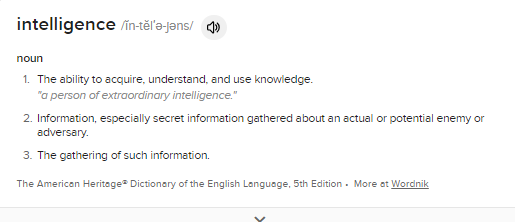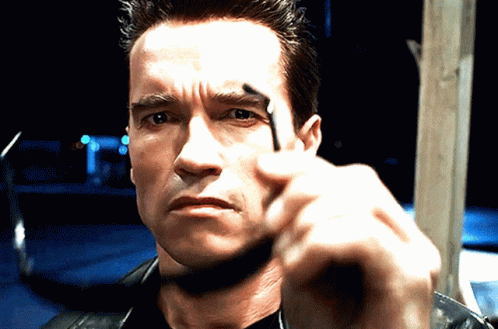Within the technological circles, there is discussion about when the singularity will happen. Some claim it will be within a couple decades whereas other dispute that it will ever occur.
For me, I am taking a different approach. My view is the singularity is happening as we speak.
The main driver of this is the shift from thinking of this as a singular event. Instead, look at the technological singularity as a process.
In this article I will delve into why this is and the evidence to support it.

Singularity For The Last 200 Years
Much of the discussion focuses upon the idea of artificial intelligence. The problem with this is that it is too restrictive.
What is important about the singularity is that we see a change so transformative that most of what we know about human history, the rules and norms which shaped our society no longer applies. This is both on an individual and collective level.
If we look at human history, up to the Industrial Revolution, life did not change much. centuries passed without much change in economic or societal conditions. The growth rate was a measly .3% (as estimated by economists). We were mostly an agrarian society with survival being the main focus. Even the most wealthy were living in dire conditions.
This all changed in the early 1800 with the Industrial Revolution. Suddenly, within 100 years, we saw global GDP 10x, moving from .3% to 3%. This was a major jump in the standard of living across the world.
The last 200 years has seen the greatest economic and technological advancement that humanity has ever seen. It is something that keeps accelerating. Today, the average person in a developed world lives orders of multitude better than the wealthiest of the pre-1800s.
Consider life without electricity, refrigeration, or indoor plumbing. Think about what people in the 1600s would think about that.
Today, none of us would consider those hi-tech. We are not discussing humanity's greatest achievements here. Yet these are technologies that were not around a few hundred years ago.
The key is the old rules broke down.
Societal Advancement
When we look at the last few hundred years, we see how much things have changed.
For those who like to claim the "good ole days" were better, consider this: in 1800, the United States had a 45% child mortality rate. This means that 45 our of every 100 kids did not survive to adulthood.
We see this as a rule that was broken. The same is true for literacy and poverty rates as well as energy consumption per person.
All have seen advancement to the point where it is a incomparable to a couple centuries ago.
At the same time, many technologists like to talk about the singularity framed as a superintelligence. Here again, people are looking for a singular event when a process was forming.
I could make a case that we started this concept with the advent of the corporation. This was an entity that superseded any individual. However, we will restrict our conversation here solely to the digital realm.
With the widespread use of the Internet, we had a superintelligence right before us. This is something that contains the entire world's knowledge base. It is contained in text, audio, and video, housed on servers throughout the world. It is not under the control of any individual, company, or even nation.
It also cannot be shut off. As we progress further, the resiliency of this entity only grows. It is gets faster, more connected, and driven by more power.
This was the largest for in societal change in the last 100 years. It was also responsible for most of the advancement.
Reduces Fear
Many want to use the fear of a sudden appearance of a superintelligence to gain more power. Sam Altman is one who is promoting this idea in hopes of regulatory capture. He is hoping politicians get fearful and grant him (and a few other companies) the monopoly on this advanced technology.
The problem is there is no sudden appearance. We have been building this for hundreds of years. The digital component came in around 50 years ago, putting the entire process on steroids.
Of course, Altman is looking to create AI that he can control and, more importantly, profit from. He did, after all, say he believes OpenAi can become a $100 trillion company. There is a lot riding on this.
Personally, I prefer open models that can help to create AI for everyone. Access by the masses is what is crucial. Humanity advancement when the ability to read and write spread. When the overwhelming percentage of the population lacks these technologies, the few who could restricted the advancement.
This is no different.
AI for everyone is what the goal should be. We are all part of the singularity, feeding into it will also enjoying its benefits. People like to complain about how bad things are. What is ironic is they are doing it for free on a technology that was nothing but science fiction a few decades back. Our ancestors would certainly thing we were dealing in magic.
The singularity is not a single event. We already attained superintelligence. Machines have been able to top humans in calculations for more than half a century. Knowledge online is ever growing but databases do not forget. Humans are apt to forget, ignore, or overlook. We now have algorithms that can spot trends and cycles within data, something humans cannot do. It can also do it in seconds.
What is happening is a continued advancement from previous centuries. The advancement is taking place at an accelerated rate. We are seeing more processing going online along with more refined algorithms. This is enhancing compute outputs per unit on top of what the hardware manufacturers are getting.
All of this is taking place right before our eyes.
Do not look for the singular event. Focus upon the process over the last 50 years.
Posted Using InLeo Alpha



